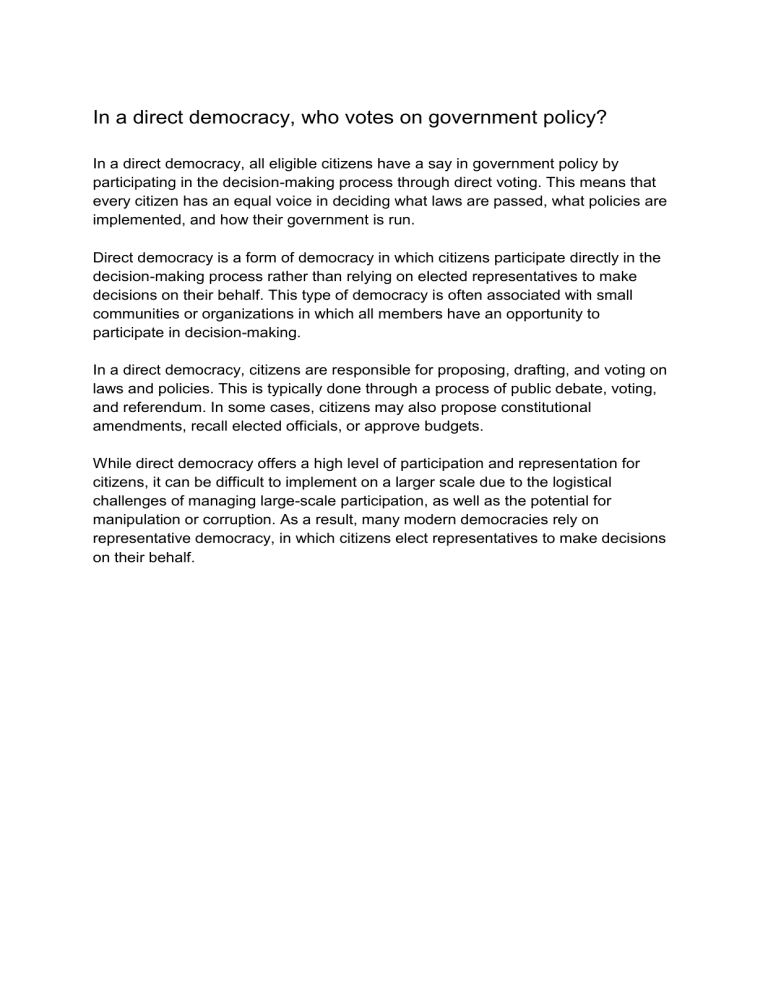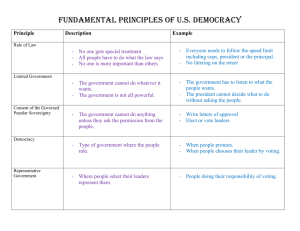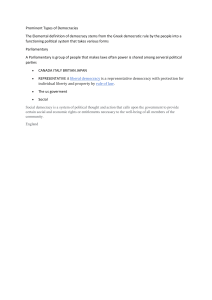
In a direct democracy, who votes on government policy? In a direct democracy, all eligible citizens have a say in government policy by participating in the decision-making process through direct voting. This means that every citizen has an equal voice in deciding what laws are passed, what policies are implemented, and how their government is run. Direct democracy is a form of democracy in which citizens participate directly in the decision-making process rather than relying on elected representatives to make decisions on their behalf. This type of democracy is often associated with small communities or organizations in which all members have an opportunity to participate in decision-making. In a direct democracy, citizens are responsible for proposing, drafting, and voting on laws and policies. This is typically done through a process of public debate, voting, and referendum. In some cases, citizens may also propose constitutional amendments, recall elected officials, or approve budgets. While direct democracy offers a high level of participation and representation for citizens, it can be difficult to implement on a larger scale due to the logistical challenges of managing large-scale participation, as well as the potential for manipulation or corruption. As a result, many modern democracies rely on representative democracy, in which citizens elect representatives to make decisions on their behalf.



